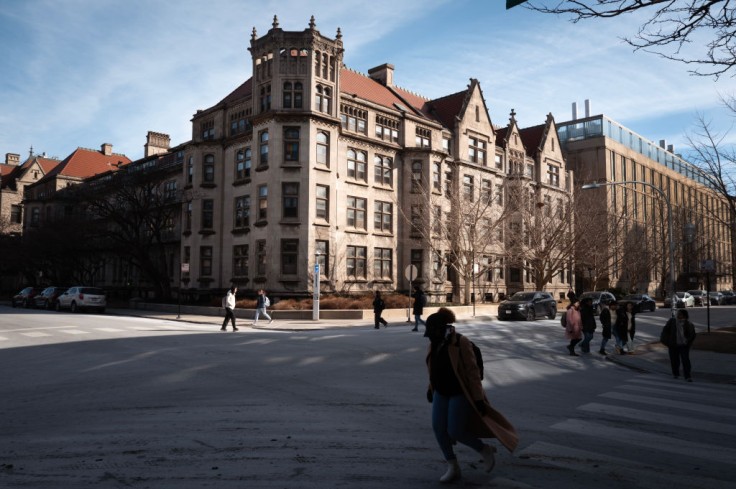University of Chicago Booth School Scores $100 Million Gift Amid Funding Threats
University of Chicago Booth School Scores $100 Million Gift Amid Funding Threats
By
On April 14, 2025, the University of Chicago Booth School of Business announced a $100 million gift from private equity investor and alumnus Konstantin Sokolov, aimed at bolstering its executive MBA program. The donation, one of the largest in the school's history, comes at a critical juncture as elite U.S. universities grapple with the risk of losing billions in federal grants due to recent policy shifts under the Trump administration.
Sokolov, a Russian-born entrepreneur who credits his Booth education for launching his career, finalized the gift after discussions with Dean Madhav Rajan, which began over dinner in Hong Kong last October. The funds will support scholarships, faculty research, and program enhancements, with the executive MBA program set to be renamed in Sokolov's honor. "This gift is about giving back to the place that shaped me," Sokolov said in a university statement.
The donation follows a pattern of significant giving to Booth, including a $300 million gift from David Booth in 2008, which led to the school's renaming, and a $100 million contribution from Ross Stevens in 2023 for its Ph.D. program. These gifts underscore Booth's appeal to donors, even as the broader higher education sector faces uncertainty.
The timing is notable, as the Trump administration has intensified scrutiny of universities, freezing $2 billion in federal funds to Harvard and threatening similar actions elsewhere, citing concerns over campus activism and ideological priorities. While Chicago Booth has not been directly targeted, the gift provides a financial cushion. "This support strengthens our ability to innovate and lead," Rajan said, hinting at the need for resilience in a volatile funding landscape.
On X, reactions ranged from praise for Sokolov's generosity—"A game-changer for Booth!"—to debates about reliance on private donors amid public funding cuts. The gift also sparked discussions about the growing influence of alumni wealth in shaping university priorities.
As elite institutions navigate these challenges, Sokolov's donation positions Booth to maintain its global standing, potentially shielding it from the financial pressures facing peers. For now, the school celebrates a milestone that reinforces its legacy and future ambitions.
© 2025 University Herald, All rights reserved. Do not reproduce without permission.








